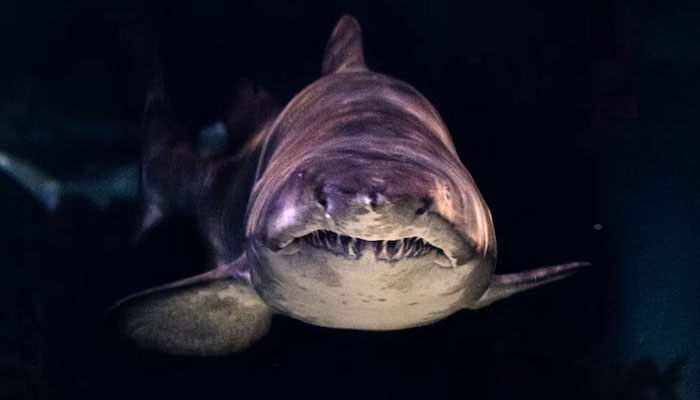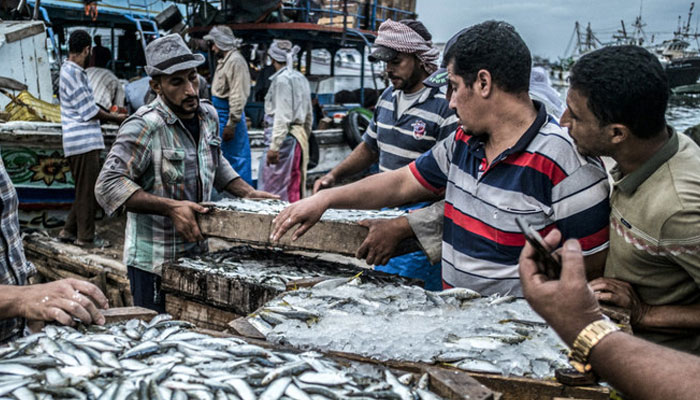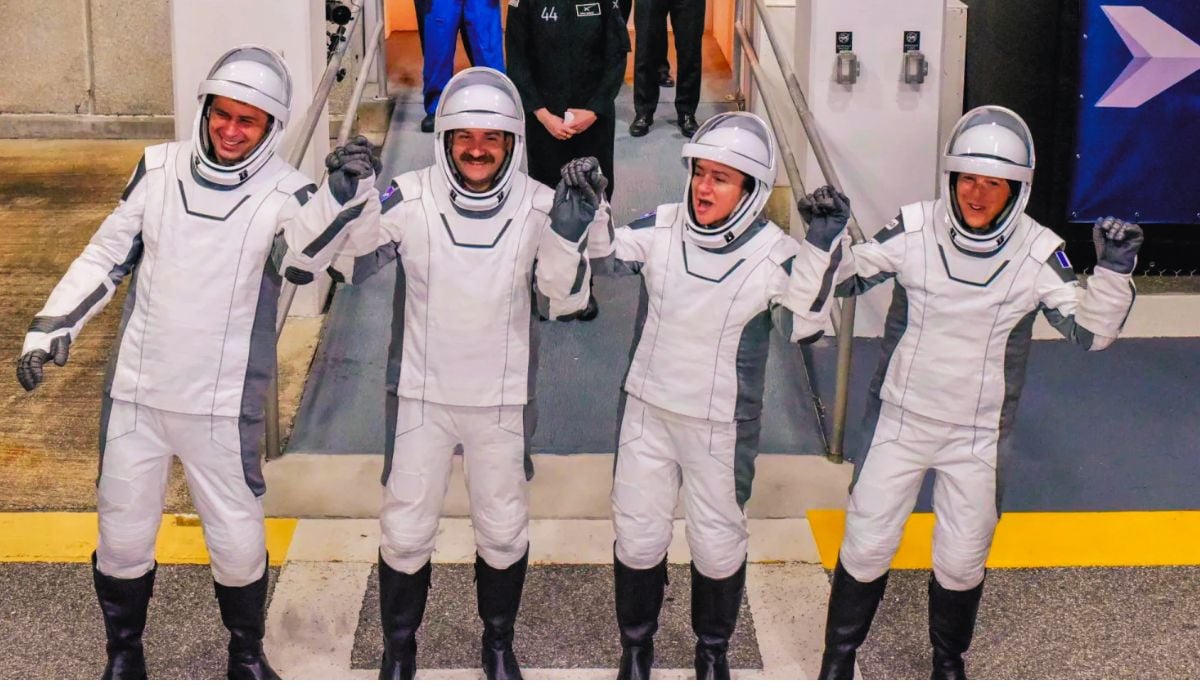Humans deemed hundred times more dangerous than sharks
The Anthropocene, a time when human activity dominated influences on climate and environment, is upon us
For the first time, scientists have put a number on how much of a super predator we humans are. Nearly half of all wild animals are threatened with extinction, according to experts, because we use about a third of them for food, medicine, or as pets.
Humans are known to be super predators, but who knew we could be a hundred times deadlier than the great white shark?
Researchers also warn of grave repercussions for entire ecosystems.
According to the BBC, Dr Rob Cooke of the UK Centre for Ecology and Hydrology in Wallingford, Oxfordshire, said: "The size and scale of what we found surprised us. Humans have a breath-taking diversity of uses of animals but we need to move towards sustainable human-nature relationships across the globe."
Additionally, data on nearly 50,000 different wild mammals, birds, reptiles, amphibians, and fish species that people either capture in the wild for the pet trade or harvest for food, medicine, or other purposes was analysed by the researchers.
As a result, it was discovered that a third of all vertebrate species — 14,663 species — are used or traded by humans, and 39% of these are headed for extinction, according to their research that has been released in the journal Communications Biology.
Furthermore, we have an impact that is up to 300 times greater than that of top predators like the great white shark, lion, or tiger. More than at any other time in history, humanity now has a greater impact on other animals on the planet.
The Anthropocene, a time when human activity has dominated influences on climate and the environment, is about to begin.
The natural world has been shaped by domesticated animals, which now make up the majority of animal species on land.
According to the researchers, overusing wild animals will have "profound consequences for biodiversity and ecosystem function."
-
Annular solar eclipse 2026: Where and how to watch ‘ring of fire’
-
Scientists discover rare form of 'magnets' that might surprise you
-
Humans may have 33 senses, not 5: New study challenges long-held science
-
Northern Lights: Calm conditions persist amid low space weather activity
-
SpaceX pivots from Mars plans to prioritize 2027 Moon landing
-
Dutch seismologist hints at 'surprise’ quake in coming days
-
SpaceX cleared for NASA Crew-12 launch after Falcon 9 review
-
Is dark matter real? New theory proposes it could be gravity behaving strangely













